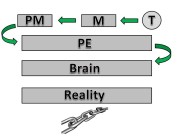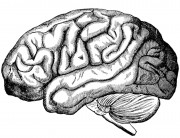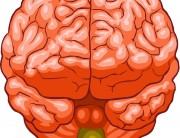In new article published online in ADDitude Magazine, Dr. Joel Nigg reviews some recent findings on the impact of environment on the development of ADHD traits. Long thought to be strictly a genetically inherited brain dysfunction, increasing amounts of research (along with increasing amounts of attention paid to previous research) are demonstrating a clear link between ADHD development and the environment. This field of research, focusing on the link between genes and environment, is known as epigenetics. In this case, the prefix epi- refers to something beyond, over, or upon something else. In other words, epigenetics studies the factors beyond simple genetics (if there is such a thing as simple genetics) that influence the development of certain traits. In his article, Dr. Nigg states, “Epigenetics paints a much more complicated view of ADHD, but also a much more optimistic one; genes do not solely determine an individual’s fate.”
For those who struggle with ADHD, the round pegs trying to fit into square holes, one of the bleakest aspects of daily life is the belief that things will always be this way and cannot be improved. Epigenetic research is telling us more and more that this belief is false. Nigg reports, “Some changes, like reducing the amount of TV a child watches each day, have very small effects on ADHD symptoms — only slightly noticeable in a family’s everyday life. Others, like increasing omega-3 intake or introducing an exercise regimen, have significantly larger effect sizes — up to twice or three times as large as reducing screen time.”
This research is part of a bigger philosophical debate as to the true nature of ADHD. That ongoing conversation is considering whether ADHD is truly a dysfunction or just a difference in function that our society has a hard time adapting to. More on that another time. In the meantime, check out Dr. Nigg’s whole article and join the ADDitude Magazine family to get more crucial information that will help you to make sense of it all.



















































Recent Comments